CHARACTERS

Truman Burbank
The unwitting star of a 24/7 reality show since birth. An insurance salesman living in the artificial town of Seahaven.
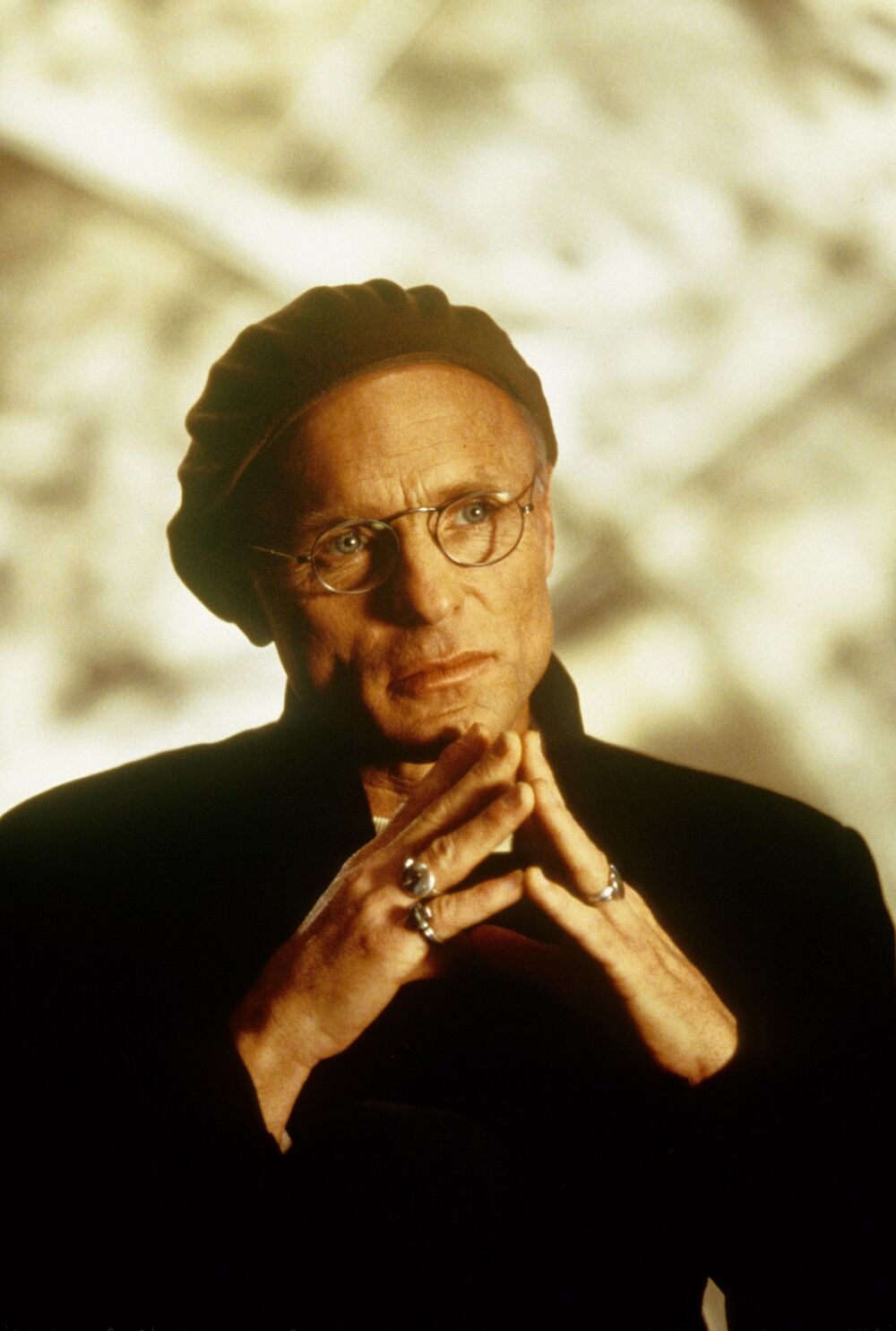
Christof
The creator and executive producer of The Truman Show who has documented Truman's life since before birth.
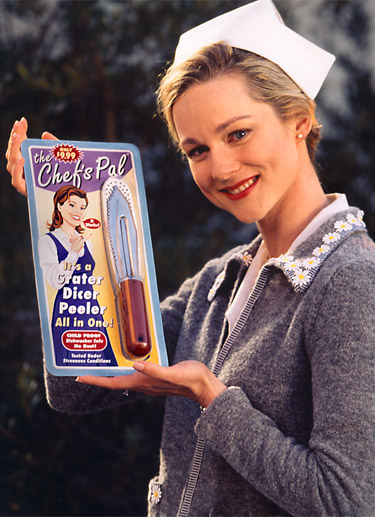
Meryl Burbank
An actress playing Truman's wife in the show. She often promotes products in her dialogue like a commercial.
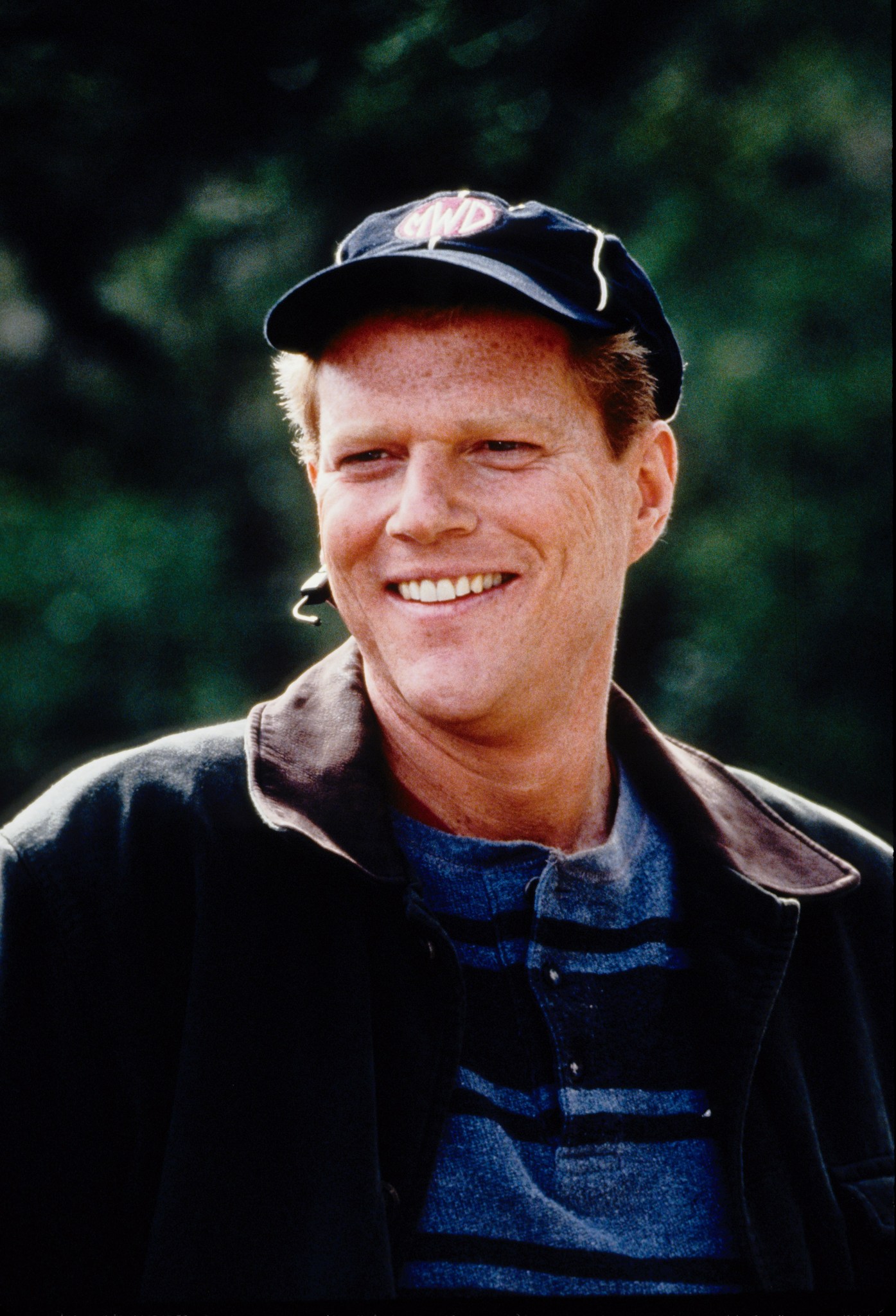
Marlon
An actor playing Truman's best friend since childhood. He provides emotional support and reassurance to Truman.
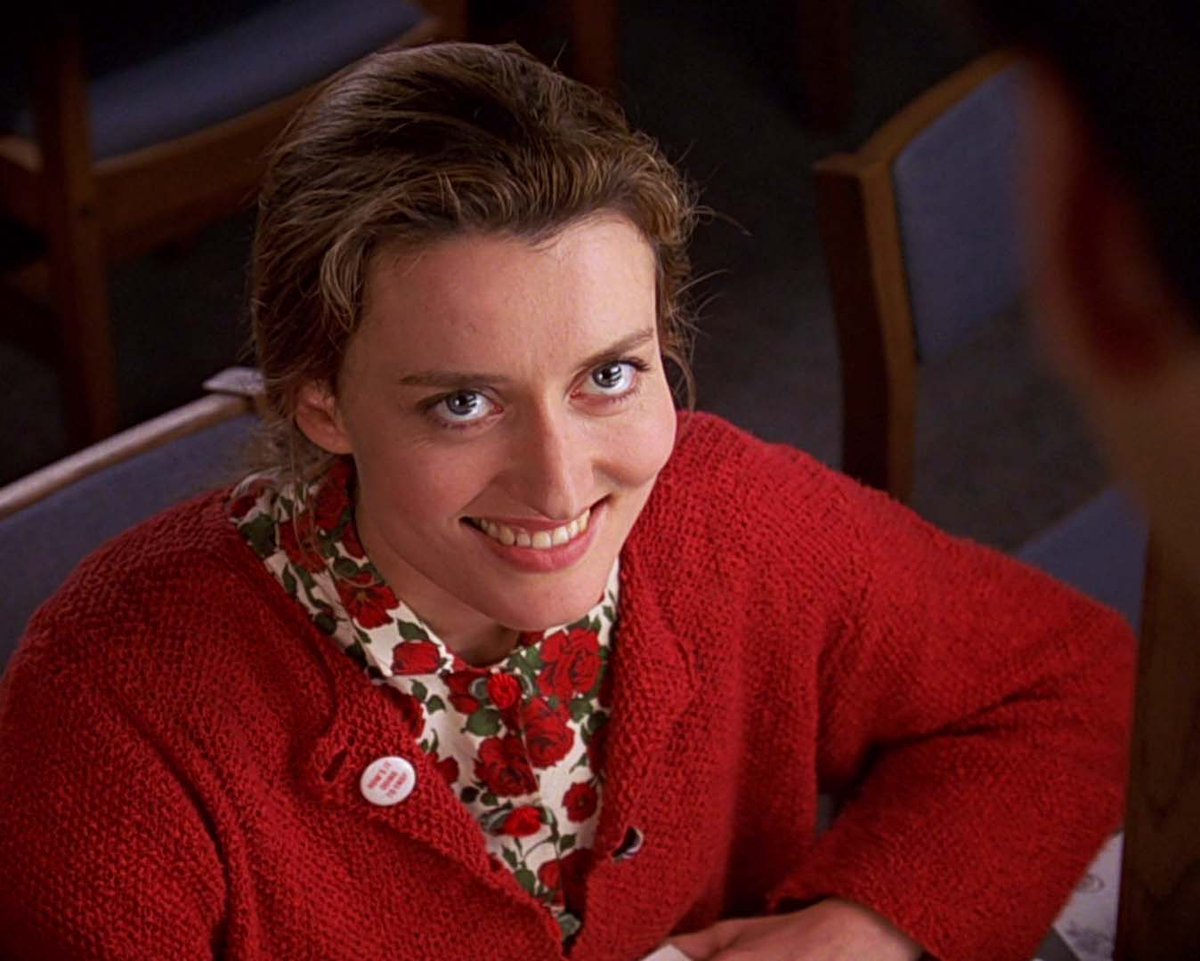
Sylvia / Lauren
A former cast member who fell in love with Truman and attempted to reveal the truth before being removed from the show.
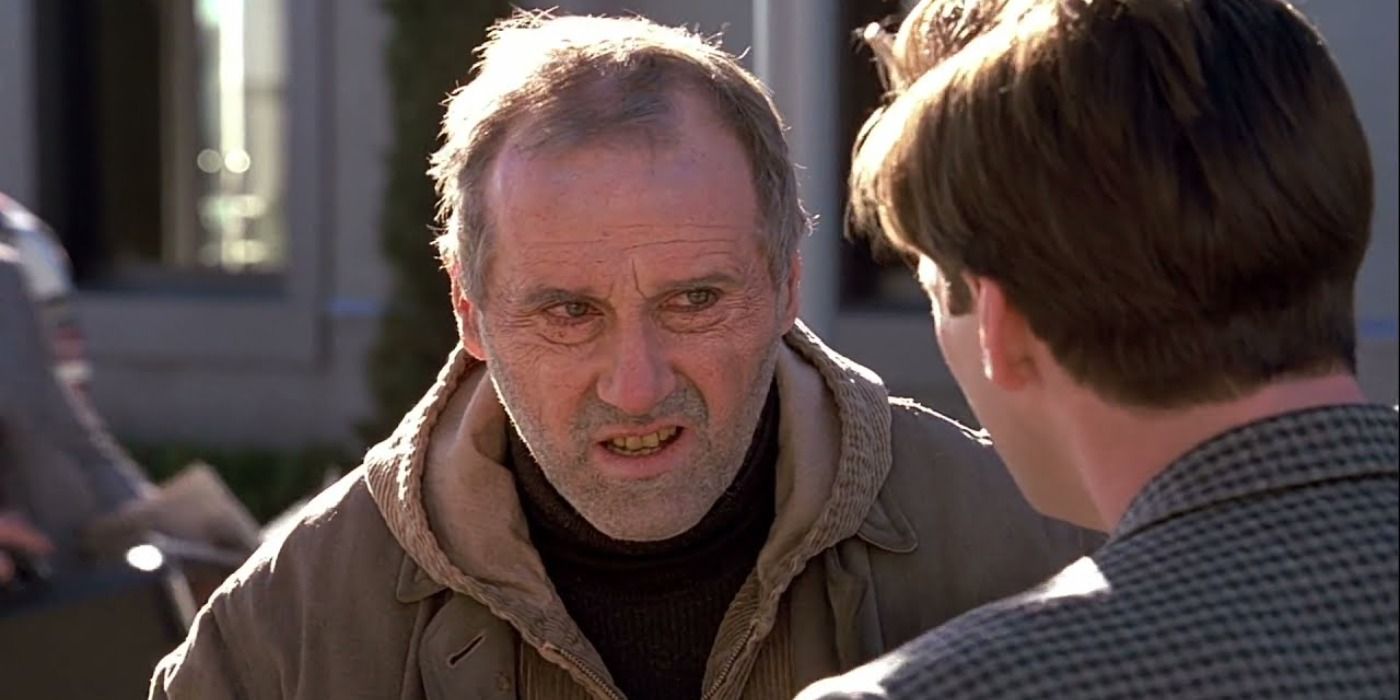
Kirk Burbank
The actor who played Truman's father, who was written off the show but later tries to sneak back onto the set.